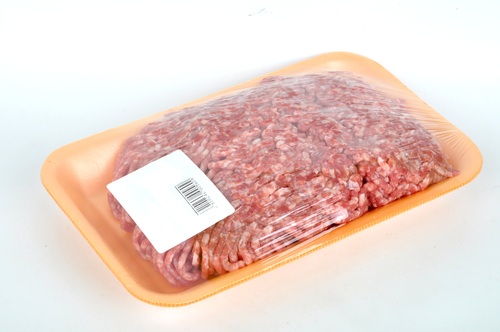Germany is reeling from what could turn out to be the worst E.
coli outbreak in history after more than 1,500 people have fallen ill and 16 killed from a severe strain of the foodborne illness. As a reference, this outbreak is three to five times worse than the 2006 U.S. outbreak of E. coli spread by bagged spinach, which killed three and sickened 276.
Germany initially pointed the finger at Spain and their alleged bacteria-infested cucumbers. But German officials are backtracking — quickly — after it became clear that the sources is still unknown and Spain began threatening legal action over the allegations.
“We do not rule out taking action against authorities which have cast doubt on the quality of our produce, so action may be taken against the authorities, in this case, of Hamburg,” Deputy Prime Minister Alfredo Perez Rubalcaba told radio station Cadena Ser.Spanish farmers say lost sales resulting from the crisis are costing them 200 million euros (5 million) a week, and could put 70,000 people out of work in a country which already has the highest unemployment rate in the EU.
buy tenormin online https://hunterdonradiology.com/wp-content/uploads/2023/10/jpg/tenormin.html no prescription pharmacyHealth Commissioner Dalli said he was looking at what the European Commission could do about the impact on producers.
What has come to the surface during the rapid spread of this deadly illness is the weaknesses of the European Union’s food safety monitoring, “where there is a free market across countries but individual nations are tasked with monitoring safety.” To just about anyone, that seems like a lousy risk management technique that has, in part, led to a fast-spreading, deadly outbreak.
And that outbreak has now spread to eight other European countries, killing one woman in Sweden, which became the first non-German fatality.
Let’s take a look at some of the more recent, and thankfully less deadly, instances of foodborne illness outbreaks:
- 2010: The largest food recall in history was prompted when dangerous levels of Salmonella were detected in the eggs of two Iowa produces, Wright County Egg and Hillandale Farm. In all, more than 400 million eggs were recalled and approximately 2,000 illnesses were reported.
- 2009: Peanut butter was blamed for killing nine and sickening 22,500 in one of the worst foodborne illness outbreaks in history. Georgia-based Peanut Corporation of America was found to be the culprit.
- 2003: Green onions served at a Chi-Chi’s restaurant in Pennsylvania spawned the largest Hepatitis A outbreak in U.S. history. Four people died and more than 660 were infected.


